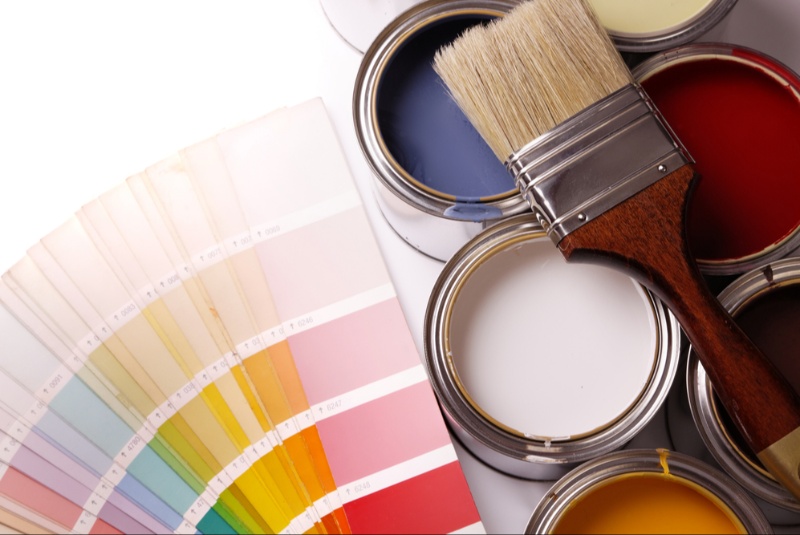Buying a new musical instrument is an exciting endeavor but it can quickly become overwhelming given the vast range of options available. Making smart choices in this process not only safeguards your investment but also ensures that you get an instrument that aligns perfectly with your skill level and musical goals. Here, we delve into the crucial factors that will guide you to make an informed decision when buying musical instruments.
Understanding Your Needs and Preferences
Before embarking on the purchase journey, it is imperative to understand your needs, preferences, and the kind of music you intend to play. If you are a beginner, you might consider starting with a less complex instrument, gradually advancing as your skills hone.
Research is Key
Before making a purchase, invest time in researching the different kinds of instruments available in the market. Read reviews, watch video demonstrations, and consult experienced musicians to get an insight into the instruments’ quality and playability. This step helps in narrowing down your options and sets a clear path in the selection process.
Setting a Budget
Instruments come in various price ranges, from budget-friendly to high-end options. It is advisable to set a budget that will not strain your financial resources while ensuring that you get a quality instrument. Remember, a higher price tag does not always guarantee better quality.

New vs. Used Instruments
Buying a new instrument comes with a guarantee of pristine condition and usually includes a warranty. On the other hand, used instruments can offer great value for money, especially if you are looking for vintage instruments with a rich history. Be cautious when buying used instruments; always insist on getting detailed information about the instrument's condition and history.
Testing the Instrument
Whenever possible, test the instrument personally before buying it. Playing it gives you a firsthand experience of its sound quality, playability, and comfort. If buying online, ensure that there is a return policy so that you can send it back if it does not meet your expectations.
Investing in a Good Brand
Reputable brands are often a safe bet as they come with a history of quality and reliability. However, it does not hurt to explore emerging brands that might offer innovative features at a competitive price. Being open to different brands expands your options and might lead you to find a hidden gem.
Seek Expert Advice
If you are unsure about making a choice, do not hesitate to seek advice from expert musicians or music teachers. Their experience can provide invaluable insights and help you avoid common pitfalls in buying musical instruments.
Thinking Long-term
Consider how the instrument will serve you in the long run. If you are planning to play it for a long time, it might be worth investing in an instrument that will grow with you, offering advanced features that you can utilize as you become more skilled.
Accessorizing Wisely
Apart from the instrument itself, you will need accessories like stands, cases, and maintenance kits. While it might be tempting to go for the cheapest options, investing in good quality accessories can enhance your playing experience and prolong the life of your instrument.
Buying at the Right Time
Lastly, timing your purchase can help you get a good deal. Watch out for seasonal sales, discounts, and promotional offers that can allow you to buy your dream instrument at a lower price.
Buying a musical instrument is a significant investment, and making a smart choice is crucial to having a fulfilling musical journey. By understanding your needs, doing thorough research, and seeking expert advice, you can find the instrument that is just right for you. Moreover, considering the long-term utility and ensuring you buy quality accessories will set you on a path of musical exploration laden with endless possibilities and joy. Happy playing!




